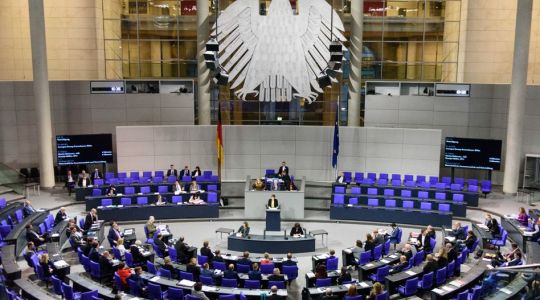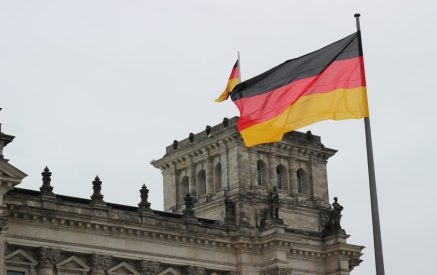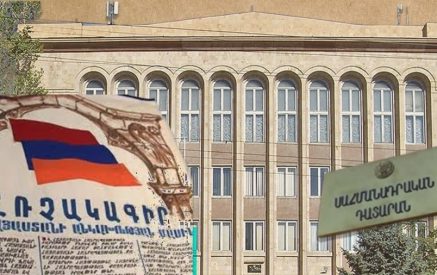The German Bundestag is currently discussing a reform of the electoral law in order to curb further enlargement of the parliament and increase the proportion of women in parliament. Stefanie Schiffer, Chairperson of the European Platform for Democratic Elections, explains that a reform of the current electoral law must also include stricter rules for campaign financing and transparency rules for the publication of campaign donations. These have long since ceased to meet international standards. The Council of Europe and ODIHR have recommended that the Bundestag regulate these issues more strictly after the 2013 and again after the 2017 federal elections.
There are currently no upper limits for campaign expenditures of parties and candidates, nor for the amount of donations that can be accepted by parties. At €50,000, the limit for direct reporting of donations is far above a feasible standard that would allow for public transparency of party and election campaign financing. Party donations and expenditures need only be reported in an annual statement of accounts. No separate financial reporting is currently planned during or after the election campaign. Equally unregulated to date is the provision of campaign support by third parties, which allows official accountability to be circumvented. This common practice does not allow for timely and comprehensive monitoring of suspicious cases and provides scope for non-transparent reporting and distortion of the political rules of the game. It is therefore not conducive to strengthening the confidence of citizens in political processes. The Council of Europe has already made recommendations in 2001 and 2003 on how to curb political corruption and increase the transparency of party work. These recommendations include ceilings on donations and campaign expenditures, the observance of tight deadlines for financial reporting, the regulation of support from third parties and the establishment of independent, extra-parliamentary bodies to monitor campaign and party financing.
The European Platform for Democratic Elections also calls for the forthcoming reform of the electoral law to include provisions regarding the presence of international and domestic election observers, so that this can be in line with paragraph 8 of the 1990 OSCE Copenhagen Document, which explicitly provides for the monitoring of election processes by independent election observers.
The “European Platform for Democratic Elections” (www.epde.org) – is a Europe-wide platform of civil society election observers from EU member states, the Eastern Neighbourhood and the Russian Federation. EPDE is committed to fair and transparent elections in Europe. Monitoring the implementation of recommendations of international election observation missions is one of the central components of our commitment to free and fair elections.
Read also
European Platform for Democratic Elections
Source: Christian Spicker/ imago images























































